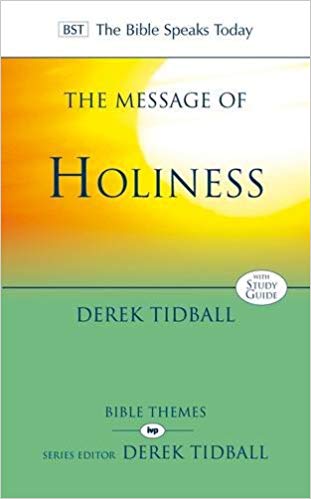The message of holiness is an exercise in biblical theology. ‘We seek’, says the author, ‘to … expound the key biblical passages on holiness by letting them speak for themselves’ (p.25).
In each of the book’s 21 chapters, one or more of these passages is examined, with a summary of the distinctive contribution the Scriptures in question make to the subject of holiness.
The chapters are grouped together thematically, the themes in turn being: the foundation of holiness, visions of holiness, the transformation of holiness, the dimensions of holiness, pathways to holiness, and the destination of holiness.
The menu thus set out is mouth-watering. The author too has evidently read voluminously and, within the constraints of a single, medium-length volume, succeeds well in giving us a comprehensive overview of this vital biblical doctrine.
Criticisms? There needs, for example, to be a more solid exegetical basis for the social holiness taken up in chapter 13. The prophet Micah (6:1-8) is not addressing a nation such as Great Britain, but the covenant people of God. The primary application is to the holiness of the church body and how professing Christians treat each other. A stray remark later in the book, about the ‘new perspective’ on Paul making good sense of the apostle’s argument in Romans, is also to be regretted.
For these and other reasons The message of holiness is not perhaps the best starting place. Readers eager to take up something on holiness for the first time will be better served by such works as that of J. C. Ryle. The blemishes, however, detract only minimally from what is without question a first-rate piece of work.






